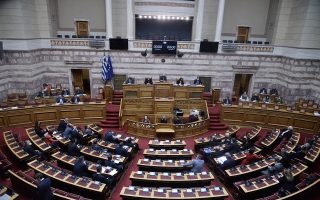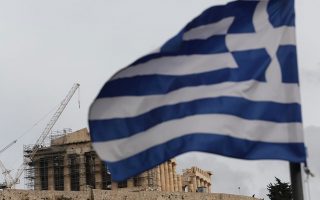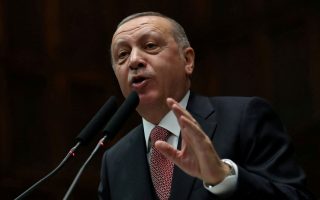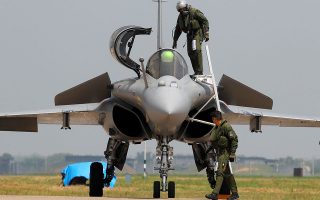Greece’s strong cards and the challenges
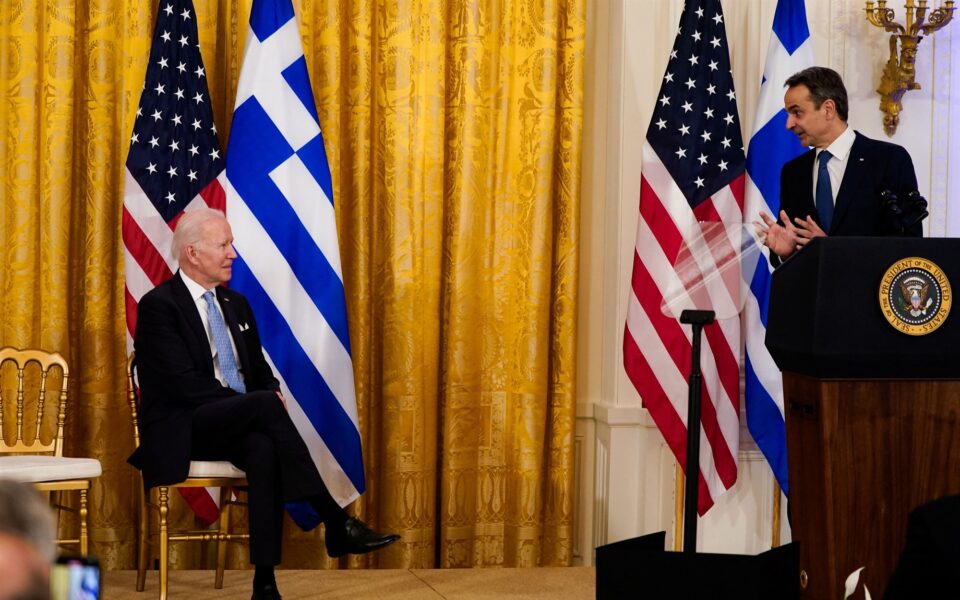
The objective behind US President Joe Biden inviting the Greek prime minister to the White House was not to discuss Russia or Turkey but to celebrate bilateral relations and the bicentennial of the Greek Revolution. The celebration may have been disrupted by international developments, but the symbolism has since gained fresh intensity.
By virtue of its status as the cradle of democracy, no US partner is more suitable than Greece in underscoring the democratic values the two allies share – a reality Kyriakos Mitsotakis was expected to underline in his speech at the US Congress on Tuesday. However, the war has undone priorities and thrown the geopolitical order into disarray. Greece now faces major challenges and – some – opportunities. So the talks between the two delegations at the White House were dominated by Russia’s invasion of Ukraine. The Greek side pledged it will continue to support Ukraine while undertaking initiatives in the energy market, in coordination with Washington, so the financial pressure on Russia will not backfire on Europe’s economy.
The East Med, including Turkey, was also high on the agenda. The international juncture provides Greece with an opportunity to strengthen its geopolitical role. It could serve as a catalyst for further US support to Greece, especially in consolidating energy security in SE Europe and deepening cooperation in the East Med. Washington places great emphasis on energy diversification, power interconnections, green energy and climate change measures.
Here lies an opportunity for Greece to expand its stabilizing role in the region, on the back of a solid defense partnership with the US which is constantly expanding and offers a tangible security guarantee for the future. Such a stance will increase Greece’s diplomatic leverage at a time when the crisis is intensifying the need for unity within the NATO Alliance and the US is trying to make sure Turkey is not further alienated.
Seen through that prism, Turkey’s insistence on maintaining tensions with Greece disorients NATO. In contrast, Greece’s emphasis on international law and its mobilization in the broader region allows the US to focus on NATO’s eastern wing. Greece can play a role here, with behavior guided by principles and pragmatism.
Katerina Sokou is a nonresident senior fellow at the Atlantic Council.

